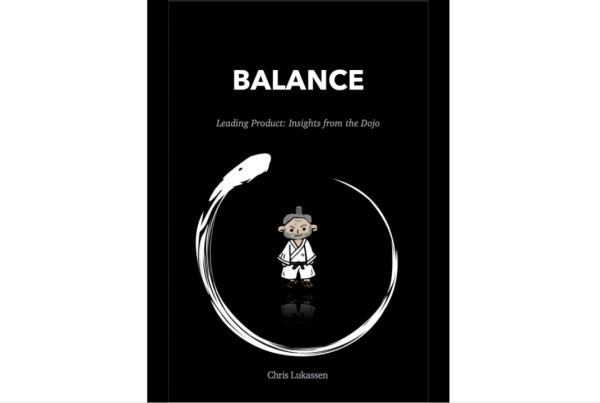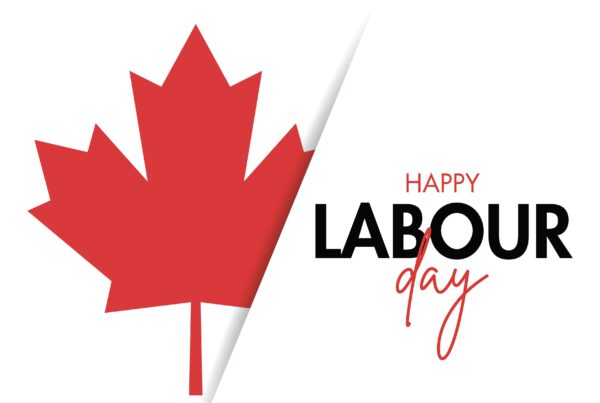In her book Private Government: How Employers Rule Our Lives, Professor Elizabeth Anderson of the University of Michigan makes a controversial statement about the nature of the corporation: The corporation, she asserts, is a totalitarian regime – a dictatorship. And she means this quite literally, not just as an analogy.
“Imagine a government that assigns almost everyone a superior whom they must obey. Although superiors give most inferiors a routine to follow, there is no rule of law. Orders may be arbitrary and can change at any time, without prior notice or opportunity to appeal. […] The economic system of the society run by this government is communist. The government owns all of the nonlabor means of production in the society it governs. It organizes production by means of central planning. The form of the government is a dictatorship. In some cases, the dictator is appointed by an oligarchy. In other cases, the dictator is self-appointed.” Elizabeth Anderson, Private Government, 2017, pp. 37-38.
It gets even better, with references to banishment and exile (being fired), the propaganda apparatus (Internal Communications), and the all-encompassing exercise of dominion over “inferiors” in most spheres of their lives. “There are no internal markets in the modern workplace” Anderson asserts further. “Indeed, the boundary of the firm is defined as the point at which markets end and authoritarian centralized planning and direction begin.” (Id., p. 39) In the age of Agile and employee empowerment, this is fantastic stuff.
I must confess having enjoyed Anderson’s book tremendously. Unconventional ideas, when put forward convincingly by an articulate proponent, force us to pause, take stock, and assess our own ideas and beliefs in light of the new paradigm that would unseat our view of the world.
Anderson’s starting point – that the corporation is in fact a form of private government – is not as far-fetched as might appear at first glance and she makes her case well. I for one have often referred to the corporation as “a smaller-scale society with its citizens and their various trades, its laws, its government and other institutions, its values and its beliefs.” (cf. my previous article titled The very vexing issue of trust in the workplace).
The idea has some credence in law. Consider, for instance, the following excerpts from an influential legal essay by then Harvard Law School Professor Lon L. Fuller, first published in 1964 and still being taught in universities:
“If law is considered as “the enterprise of subjecting human conduct to the governance of rules,” then this enterprise is being conducted, not on two or three fronts, but on thousands. Engaged in this enterprise are those who draft and administer rules governing the internal affairs of clubs, churches, schools, labor unions, trade associations, agricultural fairs, and a hundred and one other forms of human associations.” Lon L. Fuller, The Morality of Law, p. 124.
“It is constitutional law in that it involves the allocation among the various institutions of our society of legal power, that is, the authority to enact rules and to reach decisions that will be regarded as properly binding on those affected by them.” Id., p. 128
While the idea that the modern corporation is in fact a form of dictatorship is completely incongruous to me, the less radical idea of the corporation as an institution of society endowed with the power to subject human conduct to the governance of rules is not nearly as contentious. After all, all communities need some rules.
If I’m right, as I said above, that the corporation is “a smaller-scale society with its citizens and their various trades, its laws, its government and other institutions, its values and its beliefs”, what remains to be determined is simply what kind of society we are in the presence of: A ruthless dictatorship of bosses, as Anderson asserts, or something more benign? And this, by the way, is where Anderson goes wrong: By equating the corporation to its “government”, she fails to recognize that any society is more than its formal leaders. In addition, deep decision-making of the kind that shapes the corporation over the very long term is much more complex and diffuse than she lets on, as I previously explained here.
Another thing I’ll say is that rank and hierarchy are not necessarily indicative of an oppressive culture, as any judo student would happily tell you (my own sensei – or “master” – is one of the kindest, most generous people you could ever meet and a dojo, notwithstanding its formal hierarchy, is a wonderfully supportive and collaborative environment). Who’s to say that the ominous “superior” Anderson mentions in the excerpt I quoted at the beginning of this article is not a valued coach and mentor rather than the arbitrary tormentor that she makes him or her out to be?
In the same way that the form of national governments varies greatly, the form of human societies known as corporations can also vary considerably. Furthermore, corporations, like human societies more broadly, are seldom uniform and monolithic: Different groups and individuals often experience the very same corporation in very different ways: To some, it will feel just and benign while to others, it may well feel rigged and oppressive. One’s personal circumstances and situation within any community does matter.
Having said that and despite all of the caveats, you are probably able to discern the broad outlines of the organizations you know or have known over the years, and lay them out on a spectrum in the same way that a political scientist would do with sovereign states.
Truth be told, my own experience of the workplace over the decades has been decidedly more benign than what Anderson, with her very broad brush, would suggest is the only form worth discussing: the corporation as an oppressive dictatorship. I am personally grateful and indebted to the many good and supportive leaders who, over the years, have fostered the kind of trusting, collaborative and supportive environments that have allowed me, at most times, to experience the corporation as a rich and diverse community of colleagues, driven by shared values and objectives in the pursuit of a meaningful purpose.
Speaking of purpose, we certainly have an “external” purpose in serving our customers, but also an “internal” purpose in supporting each other within our workplace communities. To me, this is a great part of the appeal of being part of an organization rather than striking out on my own, which would feel a bit like heading out for the wilderness and living on the margin of society.
Culture matters and great cultures are uplifting, not oppressive. It is my job – but indeed it is collectively our job – to ensure, wherever we have some influence, that we nudge things at every opportunity so that the workplace is experienced by people around us as a true community of colleagues rather than the less flattering reality that some would have it be.



